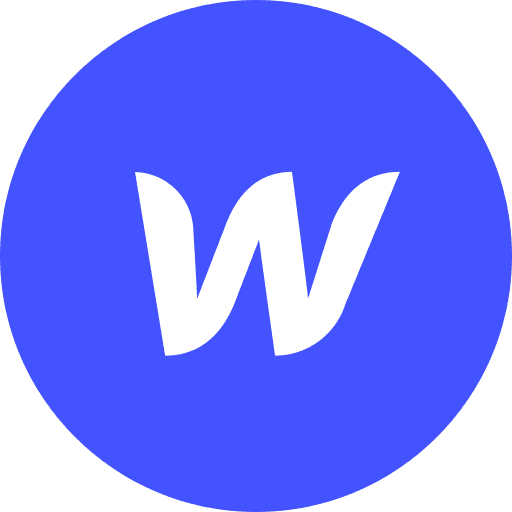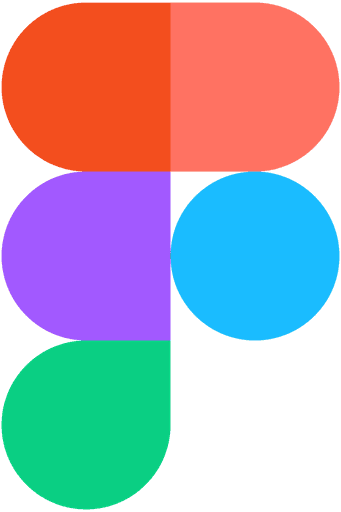Kumala Group Website Revamp
Kumala Group, one of the largest automotive dealer groups in Eastern Indonesia, wanted a complete redesign of their website. The goal wasn’t just a facelift—it was to create a more modern, user-friendly experience and explore new features that could support their sales funnel digitally.
As a freelance Project Manager, I led the entire revamp process from initial planning to final handover, collaborating with UI/UX designers, developers, and the client’s internal stakeholders.
Sulawesi Selatan, Indonesia
1983
Automotive
$5.8 Million
5,000+
Challenge
The old website was outdated both visually and functionally.
Navigation was unclear, and users had a hard time accessing key services.
There was no personalization, limited product comparison options, and no location-based dealer finder—features common in modern automotive platforms.
The client wanted to improve aesthetics, performance, and explore value-adding features that could set them apart.
What We Did
We didn’t just rebuild—we reimagined. Based on stakeholder discussions and competitor analysis, we proposed and implemented the following:
🔍 New Features:
Dealer Locator: Find the nearest Kumala Group showroom based on user location.
Car Comparison Tool: Help users compare specs, price, and features across different models.
Car Personalization: Allow users to customize colors and trims to visualize their ideal vehicle.
🎨 UI/UX Redesign:
A modern, mobile-first design tailored for a younger, tech-savvy audience.
Clear navigation structure to help users quickly find vehicles, financing options, and contact info.
📈 Performance Upgrades:
Faster load times and SEO improvements to support lead generation and visibility.
Integration with analytics tools for better tracking and continuous optimization.
My Role & Process
As the Project Manager, I:
Acted as the bridge between client and production team
Defined milestones and ensured timelines were met
Facilitated daily/weekly standups
Prioritized features based on feasibility and impact
Maintained documentation and sprint boards
Coordinated UAT (User Acceptance Testing) and revisions
Delivered the final version with post-launch handover
Result
The new Kumala Group website launched with a fresh, intuitive interface and value-driven features. Initial client feedback was extremely positive, with reports of better user engagement and easier customer inquiries within weeks of going live.
10K+
Estimated MAU
5
New Features
Process
Initial Discovery & Briefing: We kicked off with several remote meetings to understand the client's goals, pain points with the current site, and vision for the new one. I facilitated a requirement-gathering session and translated their needs into actionable scopes.
Benchmark & Ideation: Together with our design team, we researched best practices from leading automotive websites. This inspired ideas like car comparison tools and dealer locators. We presented a concept deck with wireframes and feature recommendations.
Planning & Sprint Setup: I broke down the project into a 6-month roadmap with milestones every 2 weeks. We used Trello and Spreadsheet to manage tasks, deadlines, and documentation. I created a prioritized backlog, balancing MVP features with “nice-to-haves.”
Design Phase:
UI/UX team started on wireframes, then moved to high-fidelity designs.
I handled review cycles between client and design team.
Iterations were done quickly based on feedback.
Development Phase:
Engineers began frontend and backend development in parallel.
I ran weekly sprint check-ins and bug reviews.
Integrated new features:
Google Maps API for dealer locator
Car spec database for comparison
Custom color pickers for personalization
Testing & UAT: Before launch, I led multiple rounds of internal QA and client UAT. We made necessary revisions, optimized performance, and finalized responsive breakpoints for all devices.
Handover & Training: We documented key features, CMS guides, and workflows. I facilitated a training session for the client’s internal team to manage the site post-launch.
Conclusion
This project reaffirmed that small digital enhancements—like personalization or location-based tools—can make a big difference in traditional industries like automotive. It also showed the importance of clear project ownership and agile collaboration in remote freelance work.











